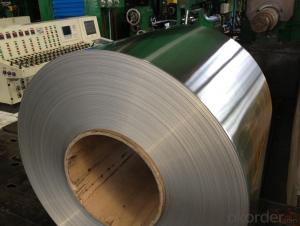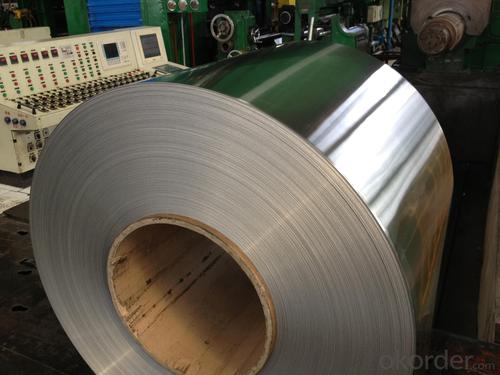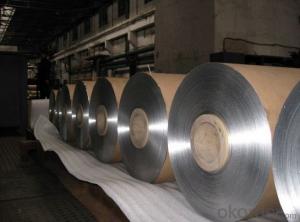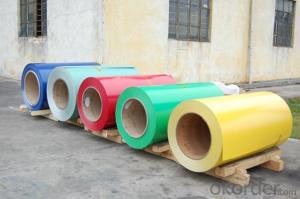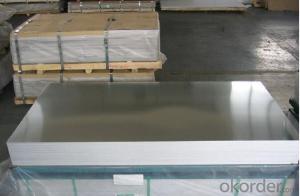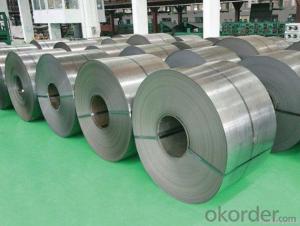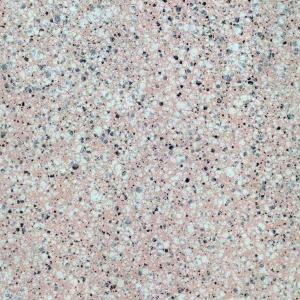ASTM Grade 1050 Aluminum Foil Coil for Solar Applications
- Loading Port:
- Shanghai
- Payment Terms:
- TT OR LC
- Min Order Qty:
- 5 m.t.
- Supply Capability:
- 500 m.t./month
OKorder Service Pledge
OKorder Financial Service
You Might Also Like
Specification
ASTM Grade 1050 Aluminum Strips Belt For Solar
aluminum coil specifications:
1) Alloy :1050, 1060,1100, 3003 3004 3105 3A21 5005 5052 etc
2) Temper: O/H12/H14/H1/H18/H32/H34/H36/H38//H111/H112/H116/H321/T6/T651/T3/T351 etc
3) Thickness: 0.1mm to 6mm
4) Width:20mm to 3300mm
5)Coil weight: 100kgs to 6 tons depends on actual requirement
6)Core material: Aluminum or paper
7)Coil Inner diameter: 75mm, 150mm, 200mm, 300mm, 405mm, 505mm or as required
8) Protective film can be added
item | 3003 Aluminum coil | |
Standard | GB/T3190-2008,GB/T3880-2006,ASTM B209,JIS H4000-2006,etc | |
Material | 1060,1050,1100 3003,3103,3004,3005,3105 5052, 5454,5754 | |
Size | Thickness | 0.5mm-3.5mm |
Width | 800-1500mm | |
Weight/Roll | About 1.5MT/3MT | |
Quality control | Mill Test Certificate is supplied with shipment, Third Part Inspection is acceptable. | |
Surface | Bright, polished, hair line, brush, checkered, embossed, etc | |
Trade terms | Price term | ,FOB, CNF, CIF, etc |
Payment Term | TT,L/C | |
MOQ | 2MT | |
20 GP Capacity | About 20-25MT | |
Delivery time | 1.The products will delivery immediately after receiving the payment. 2.According to the order quantity, prompt delivery. | |
Export to | Ireland,Singapore,Indonesia,Ukraine,Spain,Canada,USA,Brazil,Thailand,Korea,Iran,India,Egypt,Kuwait, Oman,Viet Nam, South Africa, Dubai, Russia, etc | |
Package | Stick blue film→plastic film→waterproof paper→1~2 tons on a export standard pallet(corner protection) | |
Application | 1)Further making utensil.2)Solar reflective film3)The appearance of the building4)Interior decorating:ceilings,walls,etc.5)Furniture cabinets6)Elevator decoraction7)Signs,nameplate,bags making.8)Decoration inside and outside the car9)Household appliances:refrigerators,microwave ovens,audio equipment,etc.10)The consumer electronics:mobile phones,digital cameras,MP3,etc. | |
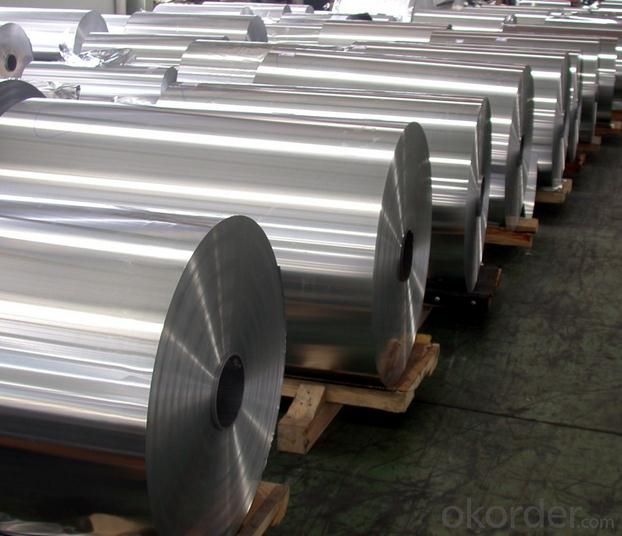
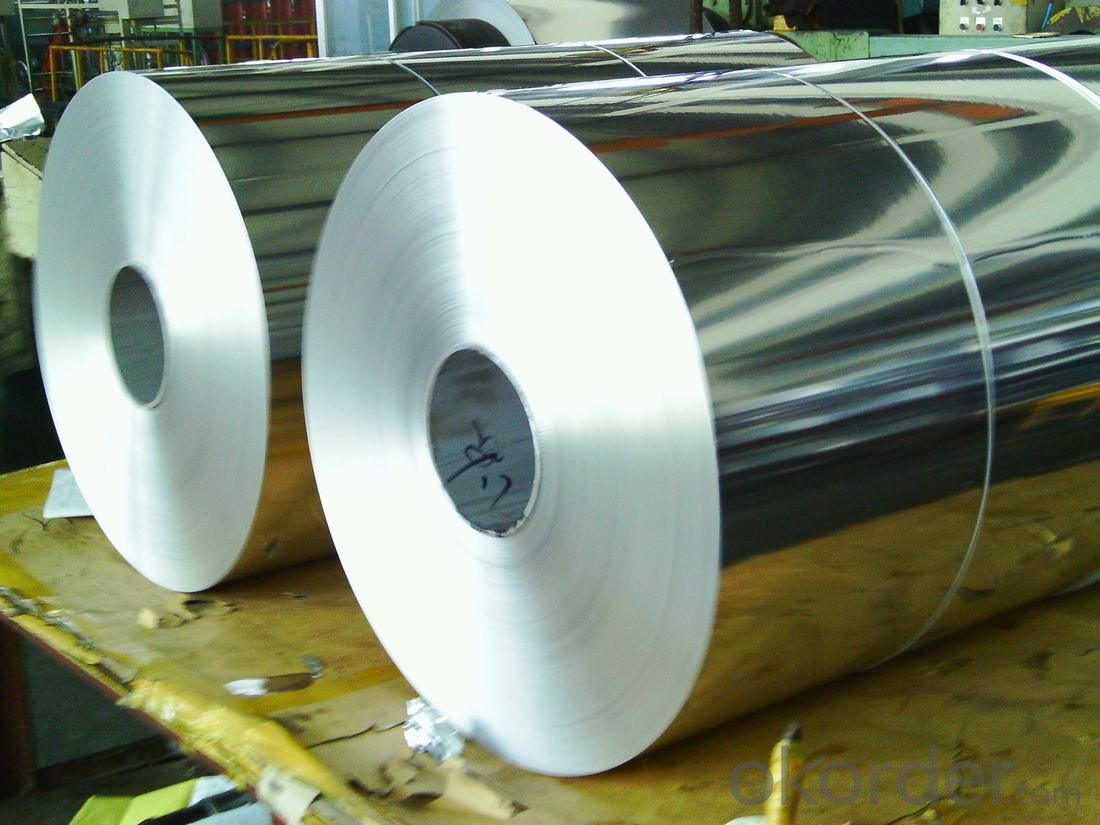
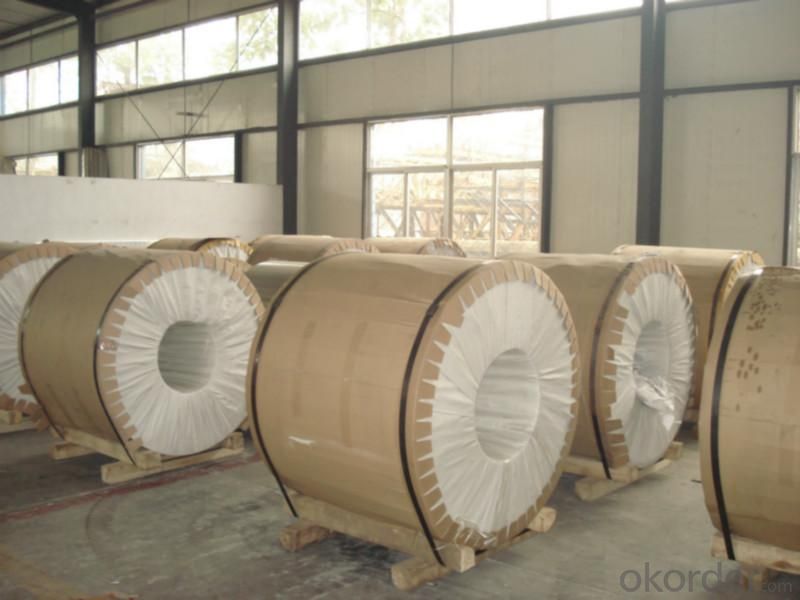
- Q: Can aluminum coils be used for electrical conductors?
- Yes, aluminum coils can be used for electrical conductors. Aluminum is a highly conductive metal that is commonly used in electrical applications. It has a high electrical conductivity, second only to copper, making it a suitable material for conducting electricity. Aluminum coils are often used in various electrical devices and installations, such as transformers, motors, generators, and power transmission lines.
- Q: What are the different tensile strengths of aluminum coils?
- The tensile strengths of aluminum coils can vary depending on the specific alloy and manufacturing process. However, common tensile strengths for aluminum coils range from 20,000 to 70,000 pounds per square inch (psi).
- Q: Are aluminum coils easy to install?
- Aluminum coils, in general, prove to be easily installed. Their lightweight and flexibility contribute to their manageable handling and maneuverability during installation. They can be effortlessly cut and molded to suit the precise installation requirements. Moreover, they are frequently obtainable in pre-cut dimensions, further streamlining the installation procedure. Additionally, aluminum coils usually incorporate interlocking edges or snap-on connectors, facilitating the connection of multiple coils or other components. All in all, with appropriate tools and fundamental HVAC installation knowledge, aluminum coils can be readily installed.
- Q: What are the common surface repair methods for aluminum coils?
- Aluminum coils can be repaired using various surface repair methods. Mechanical repair is one of the most commonly used techniques. It involves sanding or grinding the affected area to eliminate corrosion and imperfections. Following this, a filler or putty is applied to even out the surface and create a seamless repair. Once the filler has dried, the repaired section can be sanded again to achieve a smooth finish. Chemical repair is another popular method. It entails utilizing specialized chemicals to eliminate oxidation or corrosion from the aluminum coil's surface. This is done by directly applying the chemical to the damaged area and allowing it to react with the surface, breaking down any corrosion or oxidation. After the chemical has completed its task, the coil is rinsed, dried, and any remaining imperfections are addressed using mechanical repair methods. Heat repair methods can also be employed in certain cases. This involves using a heat gun or torch to heat the damaged portion, making the aluminum soft and malleable. Once heated, the metal can be reshaped or manipulated to remove dents or deformations. Careful control of the heat is necessary to prevent further damage to the coil. Lastly, anodizing is a commonly used surface repair method. It involves applying a protective coating to the coil's surface, which not only repairs any damage but also provides additional protection against future corrosion or oxidation. Anodizing is often chosen for more extensive repairs or when the coil will be exposed to harsh environments. The choice of surface repair method for aluminum coils depends on the extent of the damage and the desired outcome. It is advisable to consult with a professional or follow the manufacturer's guidelines to ensure optimal results and extend the coil's lifespan.
- Q: Is it possible to utilize aluminum coils in the process of water treatment?
- <p>Yes, aluminum coils can be used for water treatment. They are often used in processes such as coagulation and flocculation, where aluminum salts are added to the water to help remove suspended particles and impurities. The aluminum ions react with the particles in the water to form larger, heavier particles that can be more easily settled or filtered out. Additionally, aluminum coils can be part of an electrode system in electrocoagulation processes, where an electric current is used to treat water by generating aluminum ions at the anode. This method is effective for removing various contaminants, including heavy metals, bacteria, and organic compounds.</p>
- Q: I need to lay down two 3 welds on some 1/8 aluminum but my welder is not set up for it. could i just out fit my welder with aluminum wire without buying the spool gun and get the same results? or maybe I should just get a welding shop to do it for me?
- What is your machine that you will be using? Can you weld AC on it? Do you have a High Freq. Box? Will you GTAW it or use GMAW? What Alloy of Aluminum is it? Need much more info than you have provided. If GMAW best to have a pull or a push / pull wire feed system such as in a spool gun. Aluminum is too soft to just push from a wire feeder unit.
- Q: Are there any recycling programs for used aluminum coils?
- Yes, there are recycling programs available for used aluminum coils. Many recycling centers and scrap yards accept aluminum coils for recycling, as aluminum is a highly recyclable material.
- Q: Can aluminum coils be used in the production of aluminum windows?
- Yes, aluminum coils can be used in the production of aluminum windows. Coils are often used to create the frames and profiles of aluminum windows, as they can be easily shaped and formed into the desired configurations. This makes aluminum a popular material choice for window manufacturers due to its lightweight, durability, and corrosion-resistant properties.
- Q: Describe the process of rolling aluminum coil in a few sentences.
- <p>The process of rolling aluminum coil involves several key steps. Initially, aluminum ingots are heated to a specific temperature to make them pliable. Then, they are passed through a series of rolling mills where the ingots are pressed and shaped into thin sheets or coils. This process reduces the thickness and increases the length and width of the material. During rolling, the aluminum may be annealed to improve its ductility and strength. After rolling, the aluminum coil is cooled, cleaned, and inspected for quality. The final step includes coiling the rolled aluminum into manageable rolls for storage and transportation. This process is critical for producing aluminum coils used in various industries such as construction, automotive, and packaging.</p>
- Q: Can aluminum coils be used in the production of aluminum sunshades?
- Yes, aluminum coils can be used in the production of aluminum sunshades.
Send your message to us
ASTM Grade 1050 Aluminum Foil Coil for Solar Applications
- Loading Port:
- Shanghai
- Payment Terms:
- TT OR LC
- Min Order Qty:
- 5 m.t.
- Supply Capability:
- 500 m.t./month
OKorder Service Pledge
OKorder Financial Service
Similar products
Hot products
Hot Searches
Related keywords
